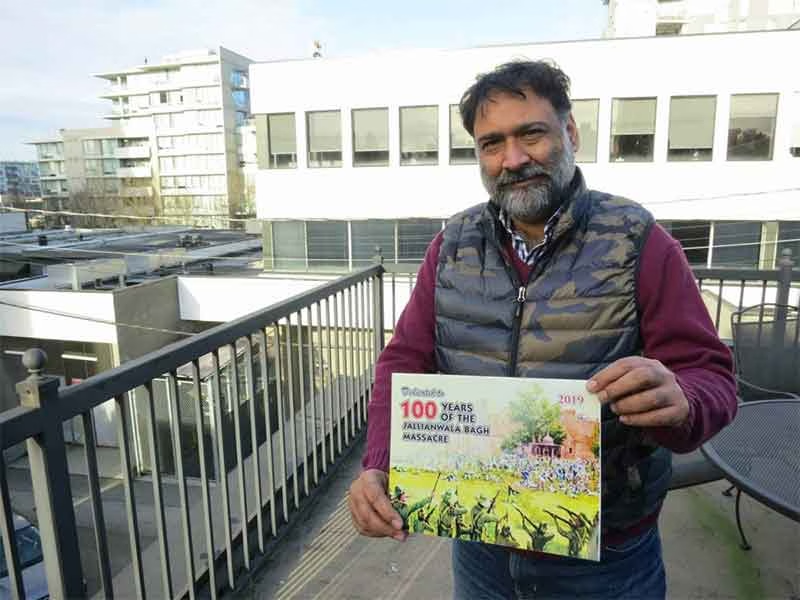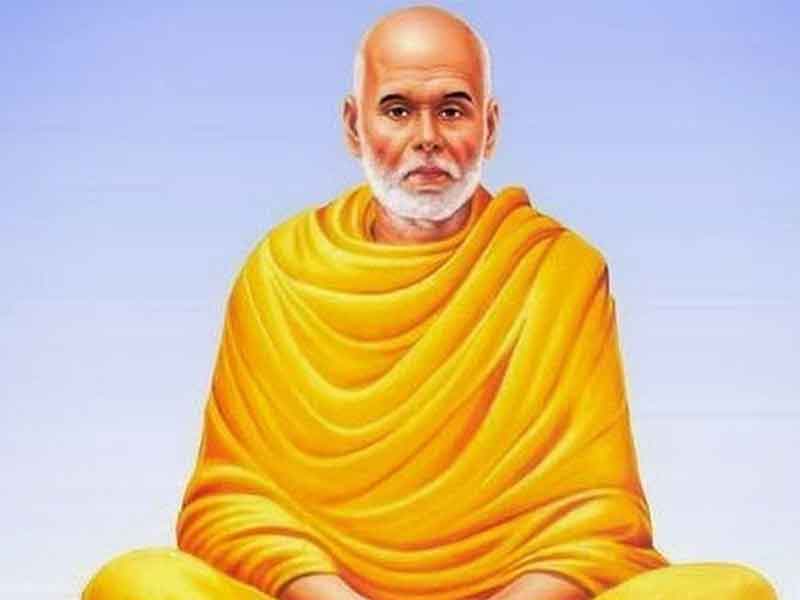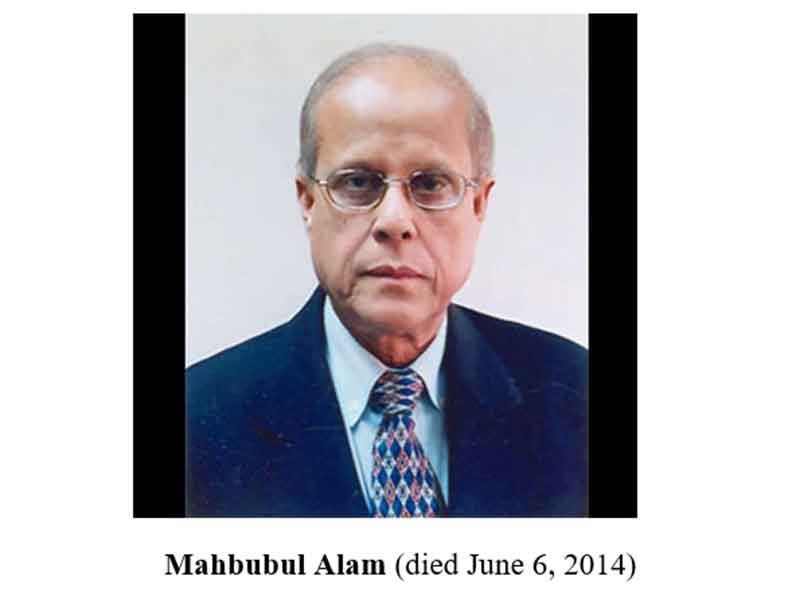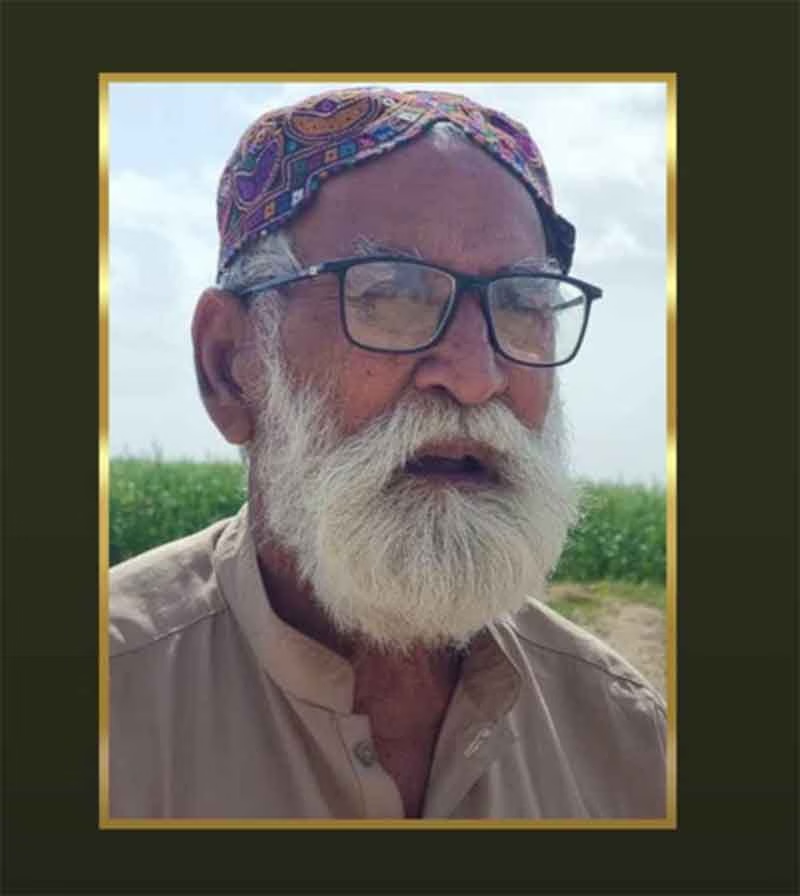
It is not an easy endeavor to pay homage to a public figure. There are many attributes to choose from. While writing a tribute one faces a dilemma, as to which parts to accentuate on, and which facts to omit. On this day, I am being challenged with this task as I choose to write about a Bangladeshi jurist, and pioneer human rights activist late Salma Sobhan (given name: Rasheda Akthar Banu) on the 21st anniversary of her death. Sobhan, along with other rights groups and activists alike, had worked tirelessly for a more egalitarian and just society for the women of Bangladesh. Salma Sobhan is mostly recognized for her secular beliefs and standing up on behalf of Bangladeshi women.
It was reported that on the night of December 29, 2003, Salma Sobhan had suffered a severe cardiac arrest and passed away in her Gulshan, Dhaka residence.
A voracious reader known for her great intellect, Salma Sobhan was doing her habitual reading even minutes before her death. In her writings for journals, she was known for liberally using quotes from Proust. On that fateful night, prior to the heart attack, she was reading a book. Was it Proust or Voltaire that she was reading? I wonder about it at times.
Salma Sobhan perhaps does not need an elaborate introduction in Bangladesh. I am not entirely sure if her name had spread beyond the borders of Bangladesh. At the risk of sounding like a cliché one can say that she was a friend of the invisible, and the disadvantaged women. Last I checked (before the recent political upheaval in Bangladesh) she was still very much with the people whom she had represented. The rights groups claim that Bangladesh is very aware of the work she had done, and her legacy continues.
I didn’t know Salma Sobhan personally. Over the years, I came to know about her as the forerunner of the human rights movement in Bangladesh through my readings only. I am not an activist, nor do I like to be labeled a ‘feminist writer.’ Through my writings I try my best to highlight the conditions of the beleaguered. I regard my writing about the oppressed as a “symbolic” action, but an action, nonetheless. Those women like Salma Sobhan who took up activism as their life’s work; I hold them in highest regard.
I want to share with the readers my impression of Salma Sobhan as a person, a teacher, an activist, a wife, a mother, a niece, and a friend of the people.
Salma Sobhan came from a prominent family in Pakistan. She was born in London. Salma was a graduate of Westonbirt School in England. She studied law at Girton College in Cambridge. In 1959, she was called to the Bar and at age 21, she became the first woman barrister in Pakistan. In Cambridge, she met and later married Rehman Sobhan, who was born in British India. After Bangladesh came into being she came to Dhaka with her husband Professor Sobhan and made it her base camp.
I got a glimpse of young Salma Sobhan from a letter that her maternal uncle Huseyn Shaheed Suhrawardy wrote to her from jail right before her marriage. There he described her as someone who was “preternaturally transcendentally intelligent.” He advised his niece about her role as a future wife to her husband. He told her to keep it in mind and not to have any conflict of intelligence.
Suhrawardy prepped Salma about married life and its responsibilities. He instructed her to set her own house in order before embarking on social service. He warned her that many would find her intellect to be threatening, and she would be misunderstood.
I had found Suhrawardy’s elegant letter to be a roadmap, and an insight to her personality. He called her a “humble little creature” who dreaded hurting people. He wrote to her to be sympathetic towards others, even when that person is not worthy of it. In the letter, he praised her humility and felt unperturbed that she will be able to use it in reaching out to people and living an exemplary life. Consequently, it seemed Salma Sobhan had lived her life with almost perfection.
At age 25, Salma Sobhan started her teaching career at Dhaka University. She taught Jurisprudence, a tough aspect of law. Her students remember her fondly. After her death, one former student in a eulogy wrote that she recalled one vivid conversation that she had with her professor. During that meeting, Salma Sobhan confided that she regretted living abroad for years. As a result, she felt she had a late start in doing important work.
Looking back, I think many in Bangladesh did not think Salma Sobhan was one of them as she is of Pakistani (Urdu speaking) descent married to a Bangladeshi economist. Bangladesh at the time was trying to recover from the devastation of the War of Liberation. Therefore, in the beginning, those who knew about her background did not quite appreciate her contribution. With the passing of time she was accepted given the fact that she had spent a chunk of her life in Dhaka. Alongside teaching, she had worked tirelessly to make the Bangladeshi women aware of their religious, social, economic, political as well as legal position in the country.
With all her good intentions Salma Sobhan was not able to reach everyone though. A few salient points stand out. 1) Some factions of Bangladesh had major problems in welcoming her views on many aspects. She vehemently supported the controversial writer (now exiled in India) Taslima Nasrin when Jamaat e Islami party who went after Taslima for writing her “infamous” novel “Lajja” about communal riot. In 1976, Salma Sobhan wrote a column titled “The Red Herring” for the South Asia Citizens Web. Her scathing remarks on the Jamaat e Islami party went viral. She wrote: “To paraphrase Voltaire, If Taslima Nasrin did not exist; the Jamaat would have had to invent her. The focus by the international media and national and international human rights and feminist activists on her plight – the threat to her life and the warrant for arrest for a statement which she denied having made – were very necessary and needs to continue despite her recent surrender to the court and release on bail.” In her book, Taslima wrote how Hindus in Bangladesh were targeted by Jamaat for the destruction of Babri Mosque by Hindu fanatics in India.
2) Though secular in her views, Salma Sobhan was a devout Muslim woman (as her niece in Dhaka had confided in me once). As a lawyer, Salma Sobhan pointed out what things should be made into laws when it comes to women’s rights by citing examples from the Qur’an. She strongly opposed the Muslim Inheritance law that was in place. The Bangladesh constitution was drafted in 1972, and in that it gave both men and women equal rights under the law.
Salma Sobhan wrote and spoke openly about Bangladesh’s Muslim women property law. She strongly felt about women’s equal rights to inheritance. She pointed out that in Islam; a careful distinction is made between men and women. But when it comes to inheritance share the state should not discriminate against any citizen; especially if they are women. Women should be assured of equality. Nonetheless, that is not the case when it comes to property distribution after both parents’ pass away. For example, if in a family there are two sons and two daughters then the daughters will inherit half of what the sons are entitled to. In Muslim inheritance, the Sharia law is applied to deprive women of their rightful share. That is a fact all over Bangladesh except there are a few exceptions here and there. In those families the sons and daughters are brought up as equals. They are aware of what the constitution says, and those families abide by the law. They know right from wrong. To discriminate against the female members/daughters is something they do not contemplate in their wildest dreams. (After the passing of both my parents when it came to settling inheritance share, the entire family property, assets, and holdings were divided equally between the sisters and brothers.)
Salma Sobhan of course suggested the law should be revised and be strictly enforced. That way a Bangladeshi Muslim woman would be benefited by what the law is offering to them. Nevertheless, there is no denying that the Muslim women in Bangladesh continue to suffer degradation, and humiliation in the hands of men.
Because of her sobriety and seriousness, Salma Sobhan was well-liked and respected by her students. She often encouraged her female students to undertake activism. She counseled them on how to fight for their place in our patriarchal society.
Subsequently, Salma Sobhan worked at the Bangladesh Institute of Law and International Affairs until 1988. She served as editor of Supreme Court Law Reports for several years. In 1986, she co-founded the Human Rights organization, Ain O Salish Kendro (ASK) and served as its executive director until her retirement.
Though Salma Sobhan came from a very privileged background, while living in Bangladesh, she symbolized a new spirit against the established elitism of that time. She was interested in politics; yet her activism was not ignited by political ideas. With her passion and commitment for social activism, she set out to bring change for the ignored women in Bangladesh society. She was troubled by the way our disadvantaged women and children were trapped in society’s shocking and enormous wealth gap. She saw how the underprivileged were separated and left without any representation. Her legal mind found it to be repugnant.
She stood up and gave those women a voice, a status. She was unfazed when the critics said, in a poor country like Bangladesh; the idea of human rights is a luxury, a western concept. Salma Sobhan intensely felt about the violation of human rights.
Until this feminist lawyer with a brilliant legal mind emerged, a lot of the deprived women in Bangladesh had no idea about their legal rights. Salma Sobhan’s work became about protection of human rights, and advocating women empowerment. She emphasized that without women empowerment, women would never be able to claim their rightful place in society. She pioneered this movement with other enlightened women like Hameeda Hossain (of Pakistani descent), and barrister Sultana Kamal in Bangladesh.
Salma Sobhan also became involved internationally. In 2001, she was given recognition for her work by the Lawyers Committee for Human Rights in New York.
Under Salma Sobhan’s able leadership, ASK has developed into a major voice of human rights in Bangladesh. They now regularly participate in activism and represent the under-privileged and the poor women of Bangladesh. The organization also serves as a legal aid service and gives free legal advice to the uneducated poor women.
The organization’s lawyers help women to settle marital disputes and act against violence on women. They work hard to preserve the childhood of the under aged domestic workers. A while back, I read that a poor widow was evicted from her house by the landlord, and ASK came to her aid and found her housing.
Through ASK, Sobhan implemented another program for BRAC (is a non-governmental organization) where neglected rural women are taught about their legal rights. She was directly involved in supervising this project. Without having information, the poor women would never know about their legal rights and the choices that are available to them. Because of this legal education programme, “20 lakh rural people across the country are now receiving law education.”
This champion of human rights also took a very prominent role in the development of the “Women Living under Muslim Law” network. She wrote and spoke against religious injustice, and extreme religious belief.
Salma Sobhan knew that repressing women by denying their rights and by ignoring the “disenfranchised communities” will be counter-productive for the progress of our nation. To have an optimum result, a nation must include the women as equal partners. Her background did not distort her perception about the conditions of the poor. With her passion and hard work, Salma Sobhan brought the inequities around her into focus. Because of her sensitivity and dedication to her mission, their lives became somewhat better.
In 1981, the unimaginable happened. Tragedy struck Salma Sobhan in the worst possible way. Her firstborn, Taimur died in an accident in England. Undeniably, to any mother, such a loss is inconceivable. I had read that Salma Sobhan faced this inconceivable heartbreak with valor, strength, and dignity.
As the popular saying goes, “every cloud has a silver lining.” After losing her son, Salma Sobhan dedicated herself full time into activism. Perhaps she found it comforting, and possibly helping others eased her own private pain.
In memory of Salma Sobhan, in an article written by her friend and coworker at ASK Hameeda Hossain wrote that SS took up playing the sitar, wrote a novel, and short stories. She also had found solace in friendship. All these combined – carried her through the rough patches.
After her passing in 2003, in a memorial service, a lot of her peers and people who knew her well came together in celebration of her life.
I remember seeing a photo of the place prior to the service. The stage was filled with flowers of many colours. Her portrait was adorned with garlands. The huge number of oil lamps complemented the celebratory, and yet, a somber mood. One young activist looked very intent while preparing the place. She was sitting on the floor and was intent on painting alpona (intricate white designs) on the floor. The image of her devotion remains with me till today.
At the Salma Sobhan Memorial Service, her friend Hameeda Hossain shared her impression, “She was a wonderfully warm person, with a great sense of humour. She had a lot of friends all over the world and used to spend time mailing them. She was very keen on swimming and loved sight-seeing.”
At the end of the service her husband Rehman Sobhan spoke. He talked about her with great warmth. “Salma Sobhan considered her subordinates as friends and always believed in collective efforts to achieve success,” he said. Later in a book he wrote about her love for her family. He revealed that more than anything his wife wanted a ‘tranquil’ family life.
Subscribe to Our Newsletter
Get the latest CounterCurrents updates delivered straight to your inbox.
The cotton sari wearing grand dame Salma Sobhan has passed on. On the anniversary of her death, we remember her with affection. We feel blessed for the time she was with us. We remember her for her kindness, her intellect, her resolutions, her humility, her convictions, and for the strength of her character. We admire her courage, and her dedication to improving the lives of the poor women through her activism work. Salma Sobhan had touched many lives; she changed the fate of many. We fondly remember her for her service to Bangladesh. May she rest in eternal peace.
Zeenat Khan writes from Maryland, USA.















































